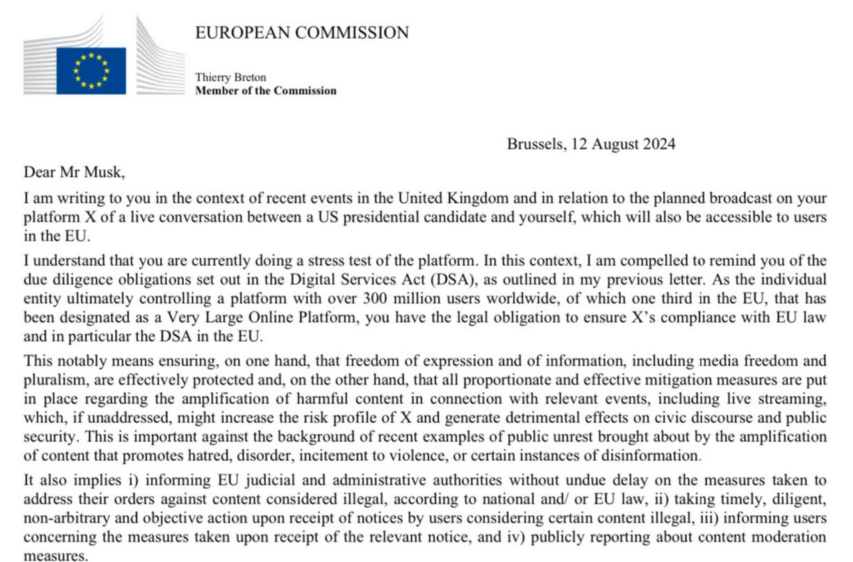 It’s easy enough to locate [the beginning of the inversion] – World War II. The war effort quickened the pace of innovation and industrialization in ways that are easy to miss the full significance of. In Great Britain, for example, wartime logistical demands – especially the demands of airfields – stimulated a large uptick in road-making. All that infrastructure outlasted the war and enabled a sharp drop in transport costs, with unanticipated consequences like making it inexpensive for hungry (and previously chronically malnourished!) working-class people in cities to buy meat and fresh produce.
It’s easy enough to locate [the beginning of the inversion] – World War II. The war effort quickened the pace of innovation and industrialization in ways that are easy to miss the full significance of. In Great Britain, for example, wartime logistical demands – especially the demands of airfields – stimulated a large uptick in road-making. All that infrastructure outlasted the war and enabled a sharp drop in transport costs, with unanticipated consequences like making it inexpensive for hungry (and previously chronically malnourished!) working-class people in cities to buy meat and fresh produce.
Marxists themselves were perhaps the first to notice that the “proletariat” as their theory conceived it was vanishing, assimilated to the petty bourgeoisie by the postwar rise in living standards and the propagation of middlebrow culture through the then-new media of paperback books, radio, and television.
In the new environment, being “working class” became steadily less of a purchasing-power distinction and more one of culture, affiliation, and educational limits on upward mobility. A plumber might make more than an advertising copywriter per hour, but the copywriter could reasonably hope to run his own ad agency – or at least a corporate marketing department – some day. The plumber remained “working class” because, lacking his A-level, he could never hope to join the managerial elite.
At the same time, state socialism was becoming increasingly appealing to the managerial and upper classes because it offered the prospect not of revolution but of a managed economy that would freeze power relationships into a shape they were familiar with and knew how to manipulate. This came to be seen as greatly preferable to the chaotic dynamism of unrestrained free markets – and to upper-SES people who every year feared falling into poverty less but losing relative status more, it really was preferable.
In Great Britain, the formation of the National Health Service in 1947 was therefore not a radical move but a conservative one. It was a triumph not of revolutionary working-class fervor overthrowing elites but of managerial statism cementing elite power in place.
During the long recovery boom after World War II – until the early 1970s – it was possible to avoid noticing that the interests of the managerial elite and the working classes were diverging. Both the U.S. and Great Britain used their unmatched industrial capacity to act as price-takers in international markets, delivering profits fat enough to both buoy up working-class wages and blur the purchasing-power line between the upper-level managerial class and the owners of large capital concentrations almost out of existence.
The largest divergence was that the managerial elite, like capitalists before them, became de-localized and international. What mobility of money had done for the owners of capital by the end of the 19th century, mobility of skills did for the managerial class towards the end of the 20th.
As late as the 1960s, when I had an international childhood because my father was one of the few exceptions, the ability of capital owners to chase low labor costs was limited by the unwillingness of their hired managers to live and work outside their home countries.
The year my family returned to the U.S. for good – 1971 – was about the time the long post-war boom ended. The U.S. and Great Britain, exposed to competition (especially from a re-industrialized Germany and Japan) began a period of relative decline.
But while working-class wage gains were increasingly smothered, the managerial elite actually increased its ability to price-take in international markets after the boom. They became less and less tied to their home countries and communities – more willing and able to offshore not just themselves but working-class jobs as well. As that barrier eroded, the great hollowing out of the British industrial North and the American Rust Belt began.
The working class increasingly found itself trapped in dying towns. Where it wasn’t, credentialism often proved an equally effective barrier to upward mobility. My wife bootstrapped herself out of a hardscrabble working-class background after 1975 to become a partner at a law firm, but the way she did it would be unavailable to anyone outside the 1 in 100 of her peers at or above the IQ required to earn a graduate degree. She didn’t need that IQ to be a lawyer; she needed it to get the sheepskin that said she was allowed to be a lawyer.
The increasingly internationalized managerial-statist tribe traded increasingly in such permissions – both in getting them and in denying them to others. My older readers might be able to remember, just barely, when what medical treatment you could get was between you and your physician and didn’t depend on the gatekeeping of a faceless monitor at an insurance company.
Eventually, processing of those medical-insurance claims was largely outsourced to India. The whole tier of clerical jobs that had once been the least demanding white-collar work came under pressure from outsourcing and automation. effectively disappearing. This made the gap between working-class jobs and the lowest tier of the managerial elite more difficult to cross.
In this and other ways, the internationalized managerial elite grew more and more unlike a working class for which both economic and social life remained stubbornly local. Like every other ruling elite, as that distance increased it developed a correspondingly increasing demand for an ideology that justified that distinction and legitimized its power. And in the post-class-warfare mutations of Marxism, it found one.
Eric S. Raymond, “The Great Inversion”, Armed and Dangerous, 2019-12-23.













